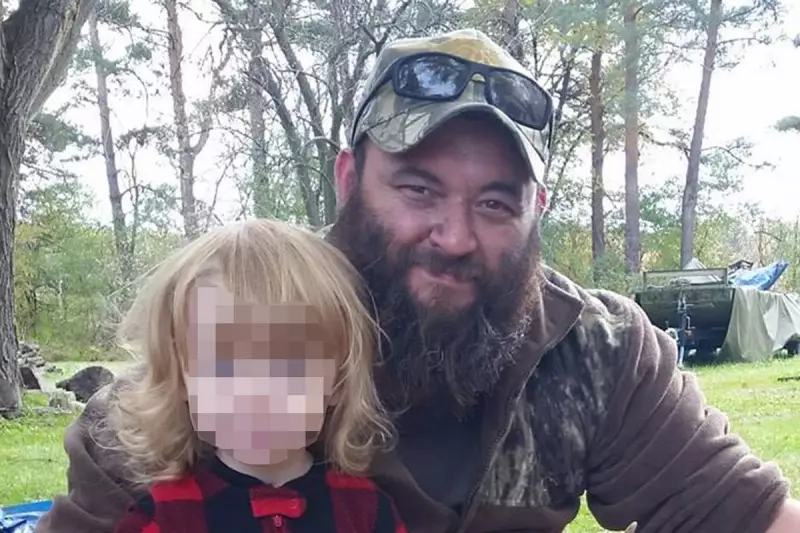
A Tennessee man stands accused of one of the most horrifying crimes imaginable after allegedly confessing to shooting his own mother because she refused to give him money.
Thomas Jacob Sanford, 27, now faces first-degree murder charges following the tragic incident that unfolded in a Nashville-area home, leaving the community in shock and a family shattered by unimaginable violence.
The Fateful Argument
According to court documents obtained by The Independent, the tragedy began with what should have been a routine family disagreement. Sanford's mother, whose identity has not been publicly released, reportedly refused to give her son money during an argument at their residence.
What happened next defies comprehension. Authorities state that Sanford allegedly retrieved a firearm and shot his mother multiple times in a brutal act of violence that has left investigators and neighbours alike struggling to understand the motive.
A Chilling Confession
Metro Nashville Police Department officials revealed that Sanford made a startling admission to officers at the scene. The 27-year-old allegedly confessed to the shooting, explicitly stating his motive: his mother's refusal to provide him with money.
This cold, calculated explanation for such a violent act against a parent has added another layer of tragedy to an already devastating situation.
Community in Mourning
Neighbours and local residents have expressed complete shock at the incident, describing the area as typically quiet and family-oriented. The violent nature of the crime has sent ripples through the community, with many struggling to reconcile the peaceful neighbourhood they know with such a brutal act.
"You never expect something like this to happen so close to home," one resident commented, capturing the sentiment of many in the area.
Legal Proceedings Begin
Sanford now faces the severe charge of first-degree murder as the legal process begins to unfold. He remains in custody as investigators continue to piece together the exact sequence of events that led to this family tragedy.
The case serves as a grim reminder of how quickly domestic disputes can escalate into irreversible tragedy, leaving legal experts and mental health professionals alike questioning what interventions might prevent such outcomes in the future.
As the community mourns and the judicial process moves forward, one question remains unanswered: how could a disagreement over money lead to such an unthinkable outcome between mother and son?





